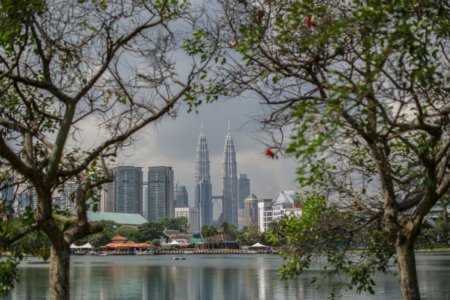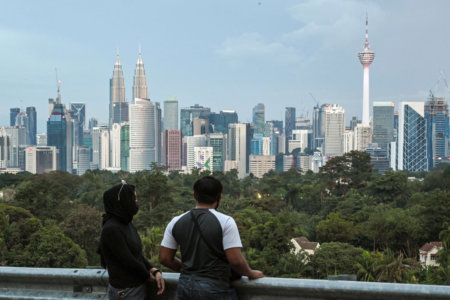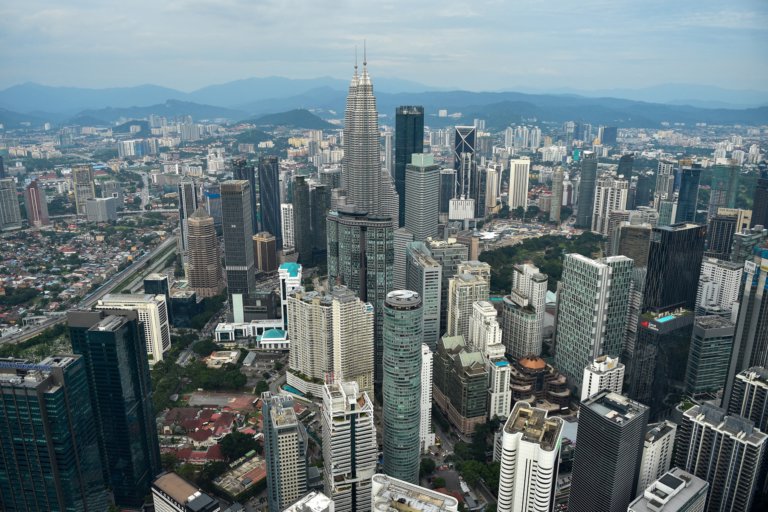
Annual tuition fees ranging from US$5,400 to US$11,370. US$300 average monthly living cost. Food from different countries such as Chinese, Malay, Indian — and for cheap. Sun all year round and some of the scariest (but magnificent) thunderstorms in the region.
There are many reasons to love Malaysia. In 2021, the number of applications to study in Malaysia grew by 32%.
Many of them are Africans. Egypt’s Ambassador to Malaysia, Gamal A. Metwally, confirms this in a statement with Malay Mail, a local newspaper, in 2019.
“The Africans don’t feel like strangers here. There is cultural tolerance here. Lifestyle is more or less the same. The cost of education and cost of living is much cheaper in Malaysia compared to other parts of the world like the UK, Australia or the US,” he explains.
Curious to hear the first-hand experience of an international student living and studying in Malaysia? One Reddit user — a Nigerian student studying software engineering in Malaysia — shared his experience living in Malaysia for over three years on the platform.
Living and studying in Malaysia: A Nigerian’s student perspective
1. Malaysians are considerate people
As a Nigerian national living in Cyberjaya, the Nigerian student shared that “Malaysian people are very nice and most of the time just mind their business”, and they “don’t tend to interact or socialise a lot with people they are not rather familiar with.”
To truly experience Malaysian hospitality, one Reddit user recommended the Nigerian national spend some time outside of Kuala Lumpur. The user shares: “The further out you get from the city, the friendlier people become, and the more you can get to know the local cultures, which are incredibly diverse and run deep.”
2. Malaysian food is sweet.
Another observation from the Nigerian student is how sweet Malaysian food is. The post referred to the sugary drinks, sugary snacks, and “sugary tomato sauce” in its national dish — the “nasi lemak” — that the user noticed in Malaysia. Depending on the recipe, some sambal may use brown sugar or palm sugar to enhance the flavour and colour of the sambal.
Naturally, a few Reddit users agreed with this sentiment. One user shared that the drinks in local restaurants still taste “super sweet” even when they have requested less sugar in their drinks. Another user shared that some food stalls would sell traditional desserts that are extremely sweet.
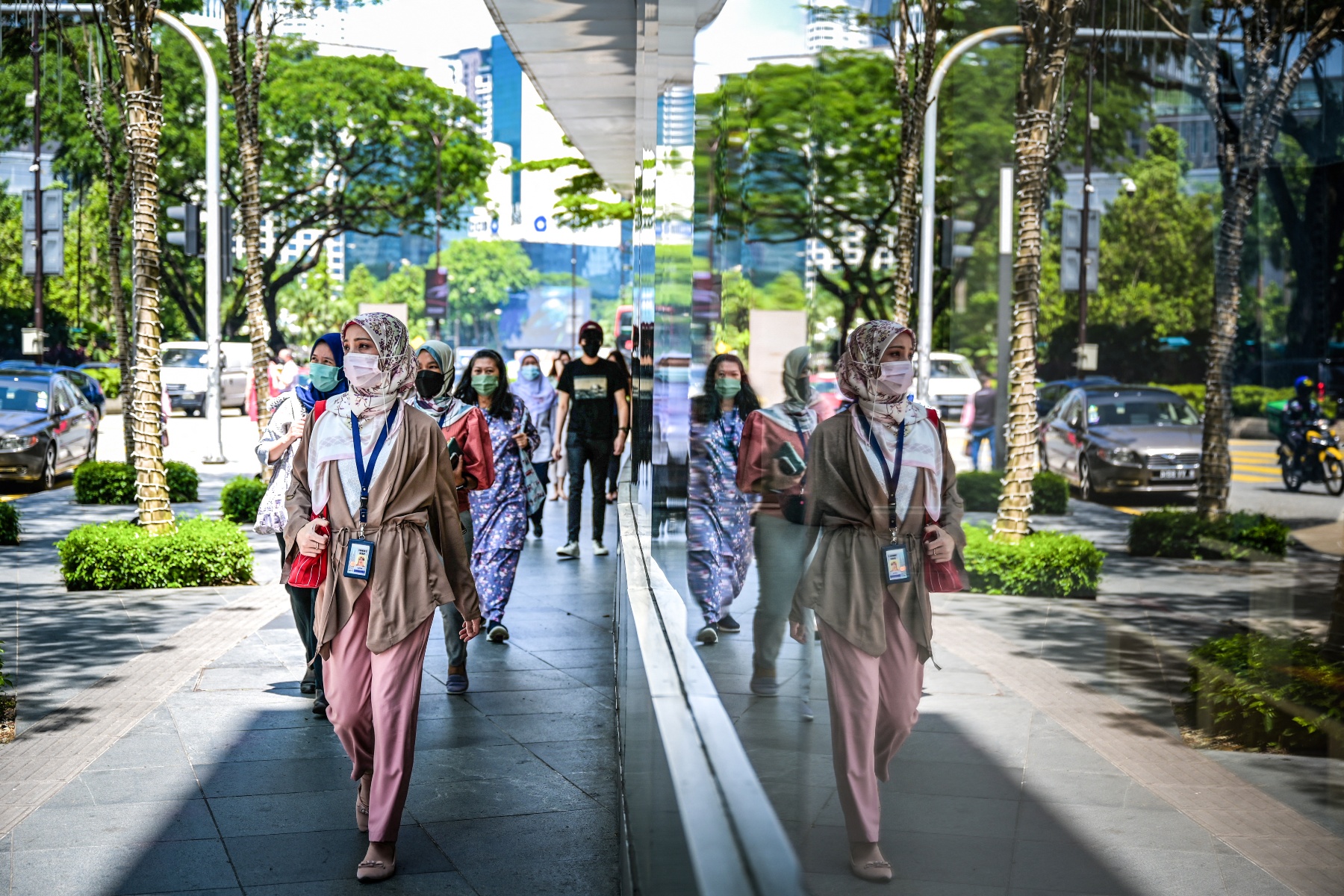
International students have the luxury of observing how people from different races, religions and cultures interact. Source: Mohd Rasfan/AFP
3. Malaysian interact with each other in an intricate manner
International students in Malaysia will have the luxury of observing how people from different races, religions, and cultures interact. With that said, the Nigerian national noticed that Chinese Malaysians rarely interact with people from other ethnicities.
One Reddit user commended the Nigerian’s ability to pinpoint the intricacies of Malaysia’s multi-racialism culture. In fact, the user shares that there is a divide between Chinese Malaysians who experienced the national schooling system and those who went to Chinese schools.
Another Reddit user agrees with that sentiment and adds that “English-educated Chinese will only likely blend in with liberal English speaking Malays.”
4. Malaysian women are physically active.
The Nigerian national also observed a distinction between the women in Malaysia and Nigeria. Growing up in northern Nigeria, the Nigerian student claims that “90% of the women stay at home and do nothing aside from school.” In Malaysia, the Nigerian describes women as being “super active,” “partaking in every sport”, and being able to “handle themselves very well.”
According to a study conducted in collaboration with the University of Malaya, Universiti Kebangsaan Malaysia, University of Wollongong, and Universidad de los Andes, three-quarters of the Malaysian adult population are physically active. Another study published in 2021 found that 52% of Nigerians are physically inactive — the rate is 55.8% among Nigerian women.
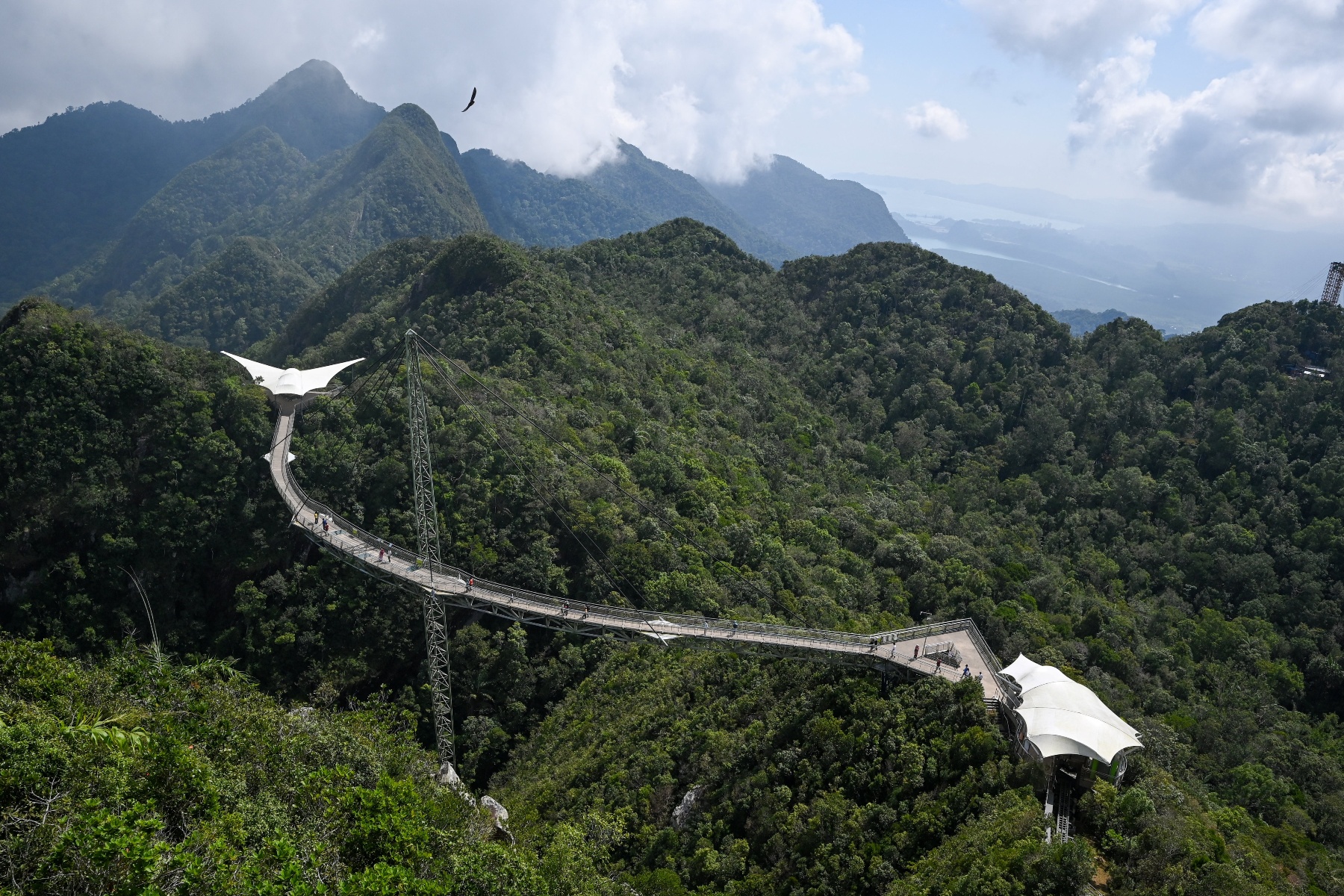
The Skybridge in Langkawi is one of the many tourist attractions you can visit on the island. Source: Mohd Rasfan/AFP
5. Malaysia is a popular tourist destination
From beautiful cities to sandy beaches and exotic islands, it’s little surprise why Malaysia is a popular tourist destination in South East Asia. Here are some of the places the Nigerian student has visited throughout his time in Malaysia:
- Putrajaya – a modern and eco-friendly city that also functions as Malaysia’s administrative and judicial capital; it’s like Canberra
- Port Dickson – a coastal town nestled in the state of Negeri Sembilan; often a quick beach getaway for city dwellers
- Langkawi – a popular beach destination with great beaches and bold monkeys









